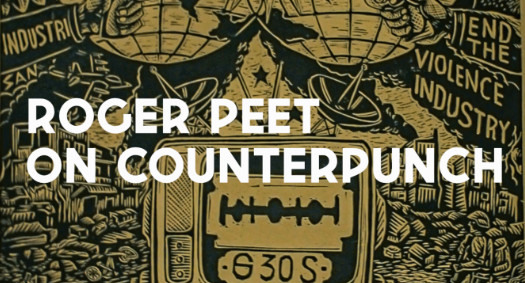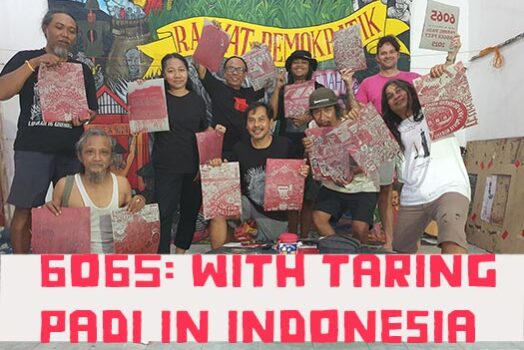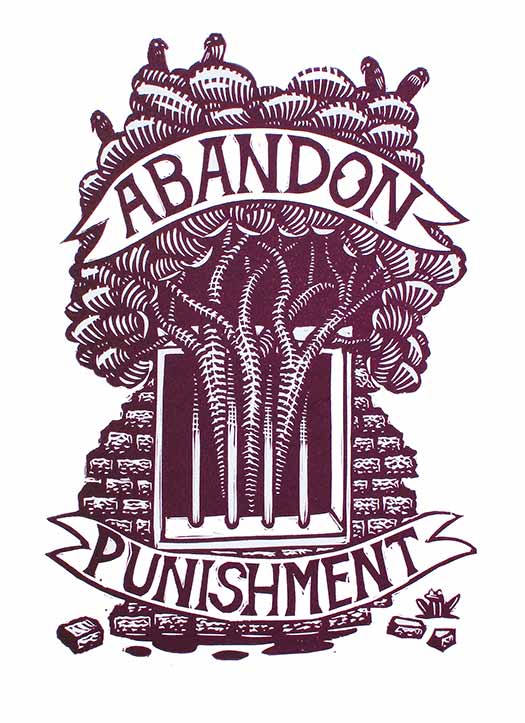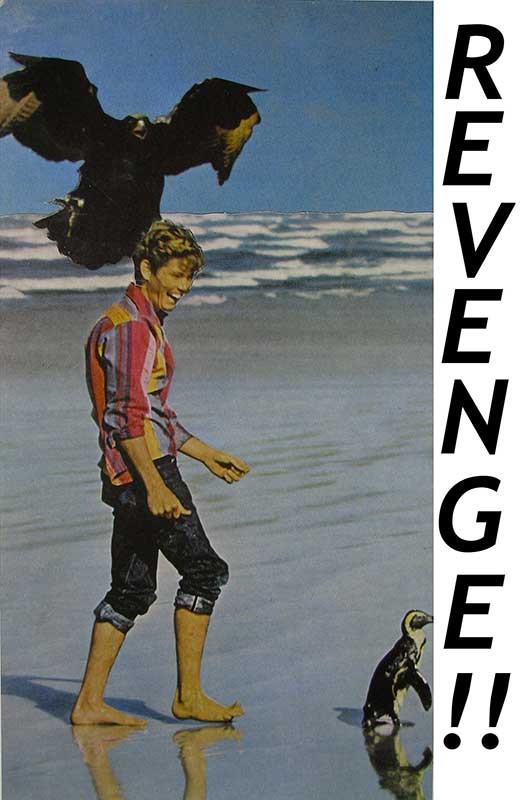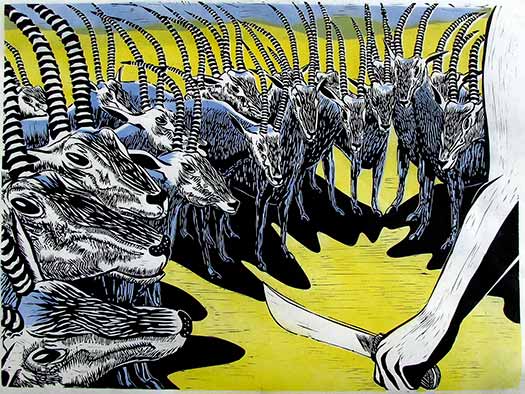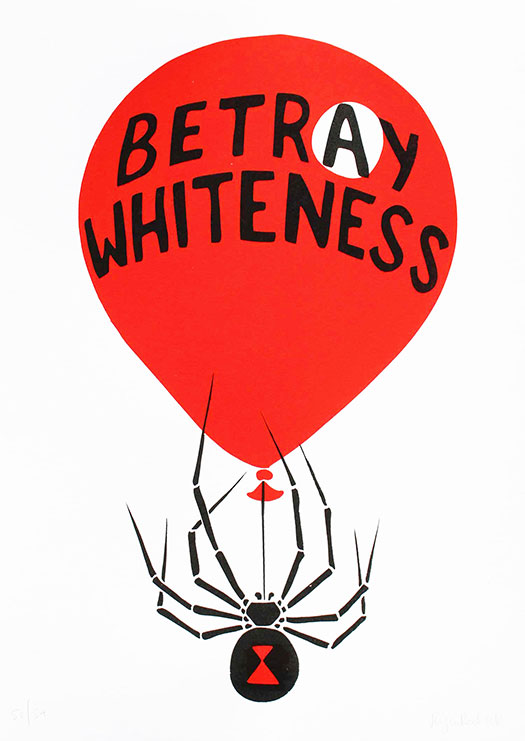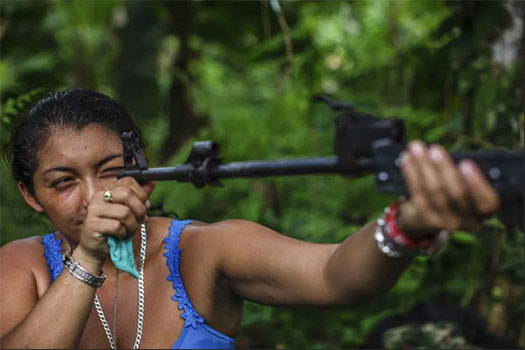
For the next six weeks I’ll be in Medellin, Colombia, working with the people at Fundación Casa Tres Patios to create some projects with ex-fighters of the FARC, the Revolutionary Armed Forces of Colombia. FARC led a fifty-year combat against the Colombian state in the service of a fluctuating compendium of Marxist ideals, culminating in a ceasefire and peace process that started in earnest in 2016. Since then, the 10,000 or so FARC fighters and their infrastructural base have been engaged in a process of reintegration into Colombian society, to varying degrees of success and with varying degrees of public enthusiasm. While the stated goal of a post-peace FARC is the decommissioning of many thousands of weapons and even more thousands of tons of ammunition and supplies and a subsequent transition to a new status as a political party, much of Colombian society still associates the force with decades of violence, conflict, kidnappings, and confusion. The fighters have emerged from the forest and are engaged in processes of recreating themselves, and developing ideas for new communities. There’s some assistance from the government, although vastly less than what was promised, and the administrative structure of the FARC still provides funding and support. In large part, however, people are having to make a go of it, transitioning from an isolated context of revolutionary struggle in remote forests and llanos into the contemporary market economy of a major Latin American state. Some of the heaviest baggage of that transition is borne by FARC’s thousands of female fighters, who face the prospect of having to grapple with the unreconstructed sexual and gender politics of modern-day Colombia after decades spent in a space where power was more equally shared, a space to which many women fled to escape the demands of a patriarchy.
Updates will follow! Check my instagram @toosphexy for more frequent updates on project development. I’ll be traveling with my partner Erica Thomas, whose work in social practice, engaging with the decommissioned women of the transition zones where we’ll be working near Medellin, will be leading our projects.

